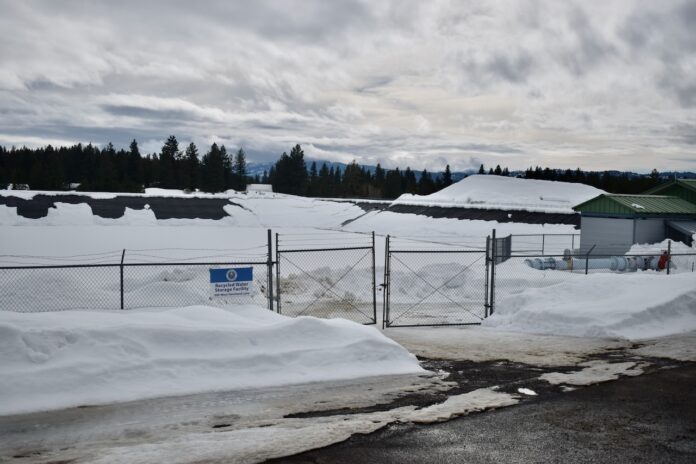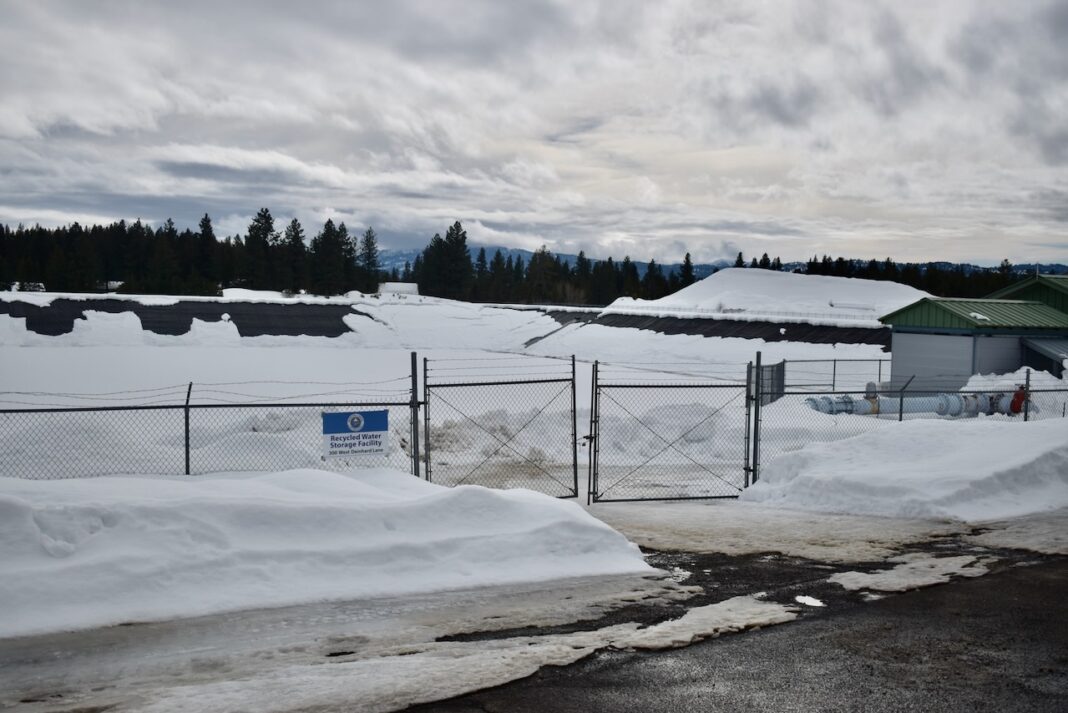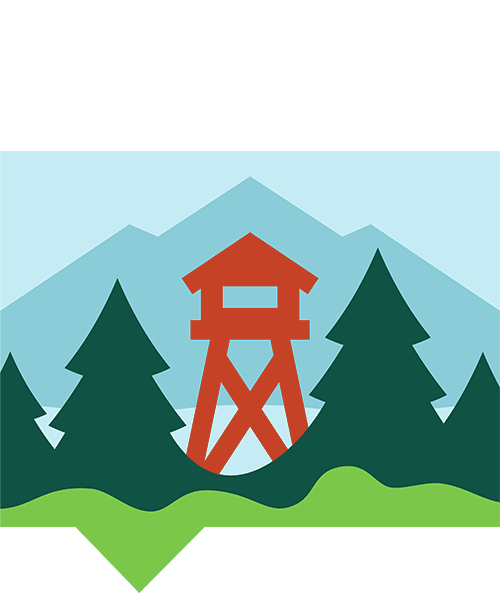McCall voters will be asked in May to approve a $7 million bond issue to fund repairs to the sewer system serving the city.
Last week the Payette Lakes Recreational Water and Sewer District, which owns and operates the sewer system, moved to ask voters to approve the bond issue during the May 20 election.
Approval would require a simple majority, or 50% plus one vote, to be in favor of the bond.
The bond would not be re-paid through increased property taxes, but instead by fees paid by sewer users on monthly bills, which are currently about $55 for average residential accounts.
The bond debt payments could add between $8 and $14 to monthly bills, said Tammie Richardson, the business manager for the sewer district.
The bond would fund improvements at the wastewater treatment plant on Deinhard Lane as well as the replacement of a pond liner that leaks treated wastewater into the North Fork Payette River.
It also includes money to fix leaky sewer pipelines, manholes, and fittings that allow groundwater and stormwater to flow in, reducing the overall capacity of the sewer system. The timeline for the projects to start is currently unknown.
What if the bond doesn’t pass?
The alternative to the bond would be funding the sewer improvements through steep rate increases, Adam Christenson, the district’s contract attorney, told board members.
“You would need to have a much larger rate increase in the coming years than you are currently anticipating with the bond passing,” Christenson said.
Those increases could double current average sewer bills, Richardson told Valley Lookout after the meeting, citing a rate study by FCS Group of Redmond, Washington.
The 20-year bond is expected to include $3.4 million in interest payments, raising its total value to about $10.4 million.
Pond liner replacement
Replacing the liner in a 268-million-gallon storage pond for treated wastewater is the largest project to be funded by the bond issue.
The liner project accounts for about $3.2 million of the $11 million estimated total cost of the bond projects, which would also be funded in part by grants and district funds.
The storage pond, which is just south of Deinhard Lane near the North Fork Payette River, is estimated to leak millions of gallons of treated wastewater into the river each year.
Any leaks are collected in an underdrain system that also collects natural groundwater. The drain collects as much as 25 million gallons per year, according to a 2017 report. The drain system pours out of a pipe into wetlands near the river.
The pond stores wastewater after it has been treated in a series of three treatment ponds on the north side of Deinhard Lane. The treated wastewater is pumped to farmland south of McCall and used for irrigation in what is known as the district’s reuse system.
Without donors like you, this story would not exist.
Make a donation of any size here
The storage pond covers 20 acres and can be up to 53 feet deep when full. It was built after the City of McCall, which formerly owned most of the sewer system that serves McCall, was ordered by regulators to stop dumping treated wastewater into the river.
A federal permit allows the treated wastewater to be discharged to the river if the storage pond reaches capacity during the winter, but that has not happened since the reuse system was completed in 2001.
Impact of decades-old leak unknown
The storage pond has been plagued by leaks since it was completed in 2001. Little is known about how the leaks affect the river and, downstream, Lake Cascade.
A 2017 study by the sewer district labeled the leak’s effect on water quality as “inconclusive” because samples taken from the pond’s underdrain also contain groundwater.
Phosphorous and nitrates are the main pollutants associated with treated wastewater. The nutrients act as fertilizer on the farmland the wastewater is used to irrigate, but when leaking into the river can fuel toxic algal blooms on Lake Cascade.
Pipeline leaks targeted
Other projects that would be funded by the bond target the repair of damaged sewer pipelines that allow groundwater and stormwater to leak into the sewer system, including pipes on Mission Street and Wooley Avenue.
Sewer flows can surge as high as 3.8 million gallons in a day and average 2.2 million gallons per day during spring snowmelt due to the leaks, or twice as much as average peak flows throughout the rest of the year.
Since 2021, the damaged pipelines have led to much of McCall being limited to one sewer connection per parcel or per acre, regardless of zoning densities set by the city, until the leaks are repaired, either by the district or by developers.
The policy is intended to reduce the risk of sewage lines backing up into manholes or homes in parts of the sewer system that lack capacity due to the excess water from the leaks. However, it has often created friction between the sewer district and efforts by the city to promote affordable housing development in McCall.
If the leaks were fixed, the capacity of the sewer system “far exceeds” current city zoning and other public infrastructure limitations, like public roads and water service, according to district engineers.






